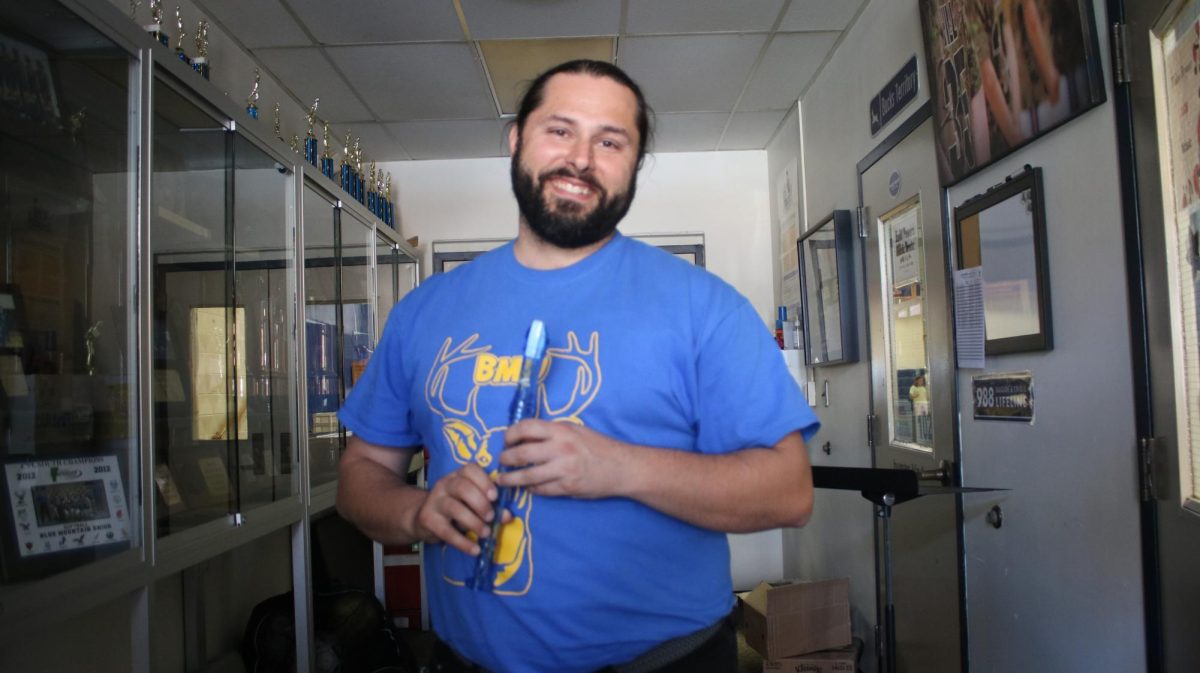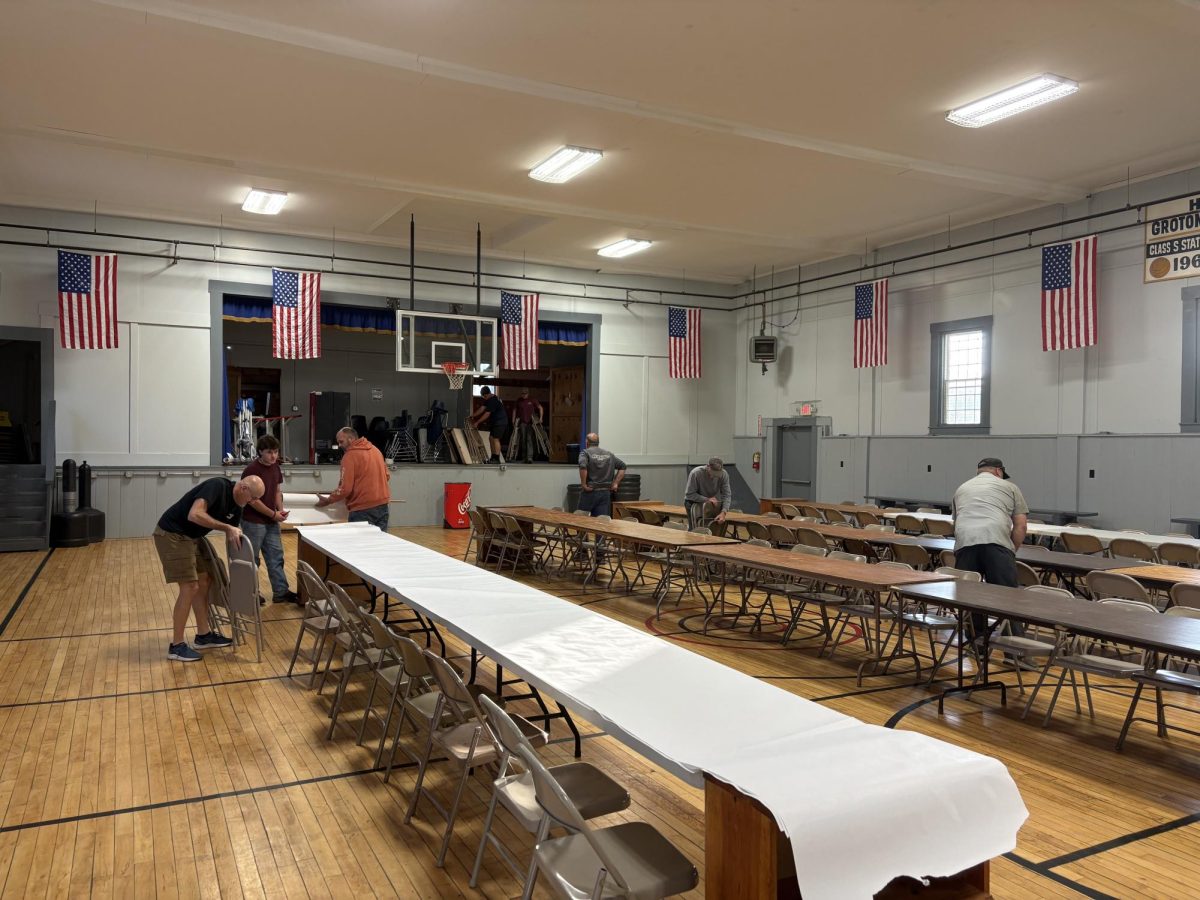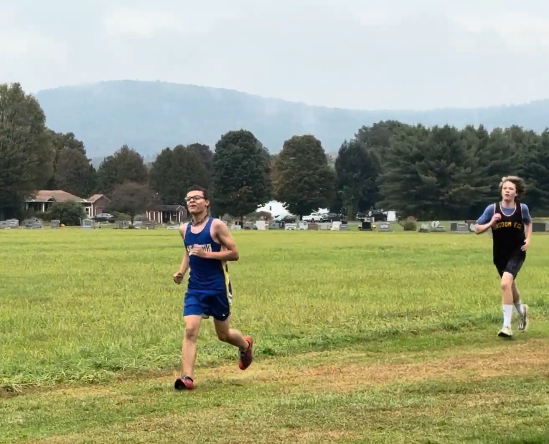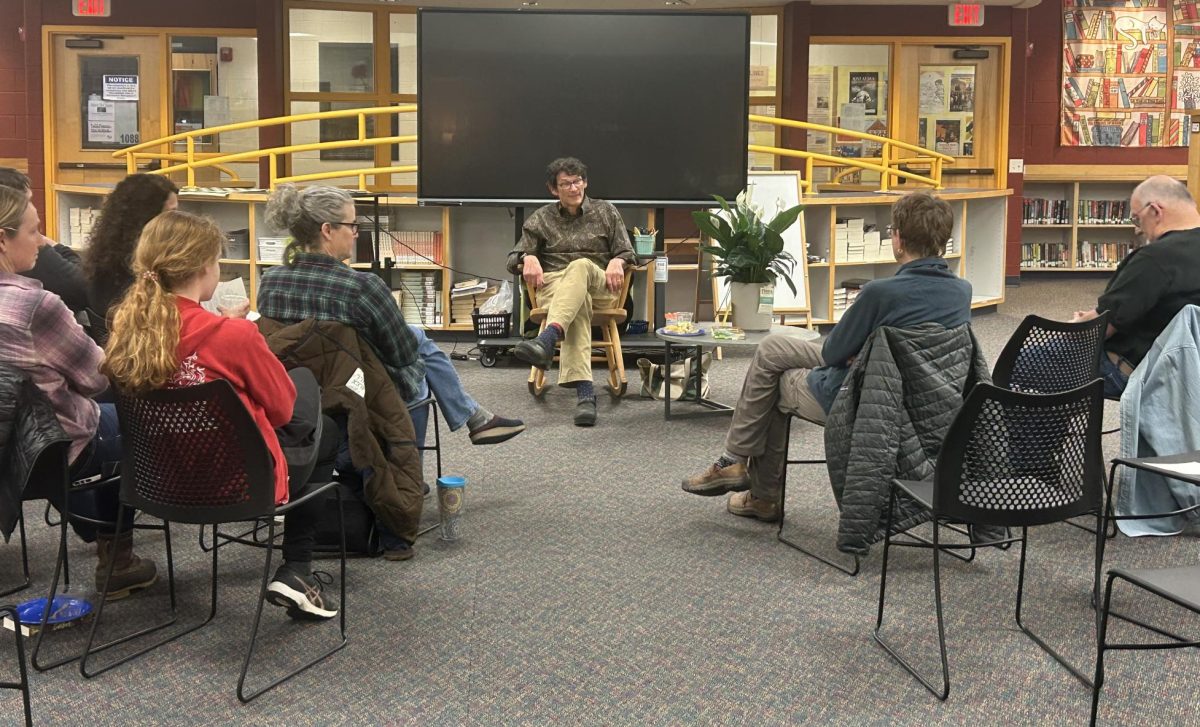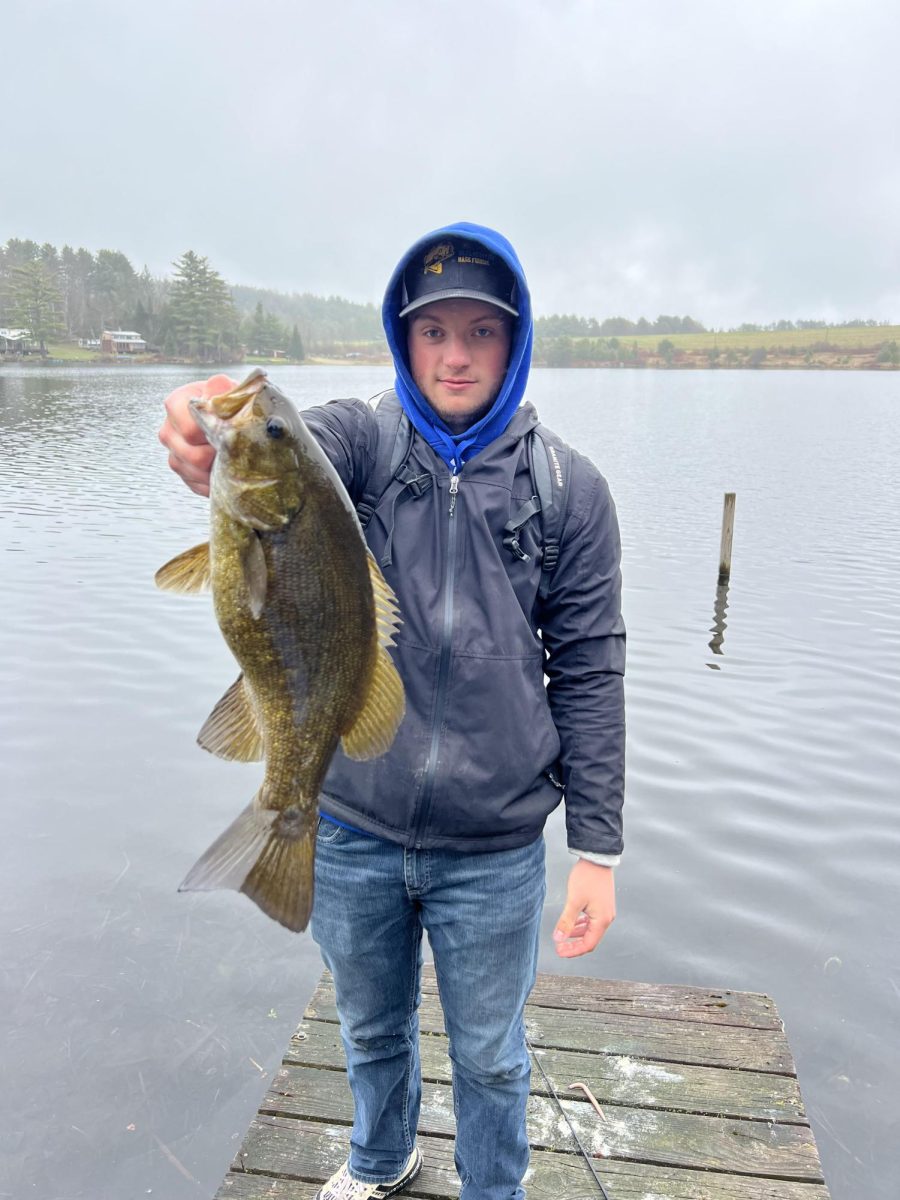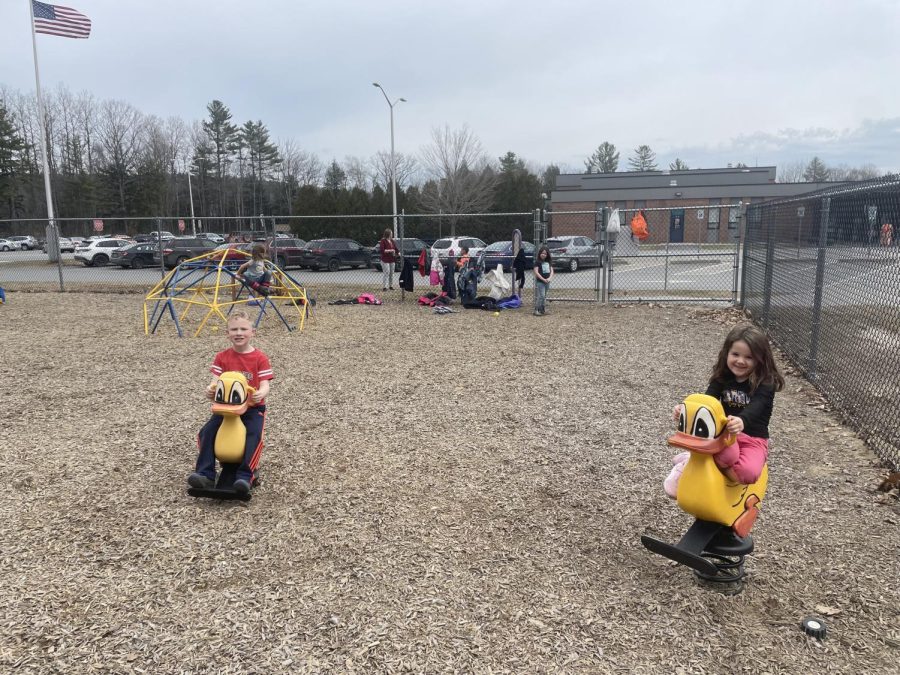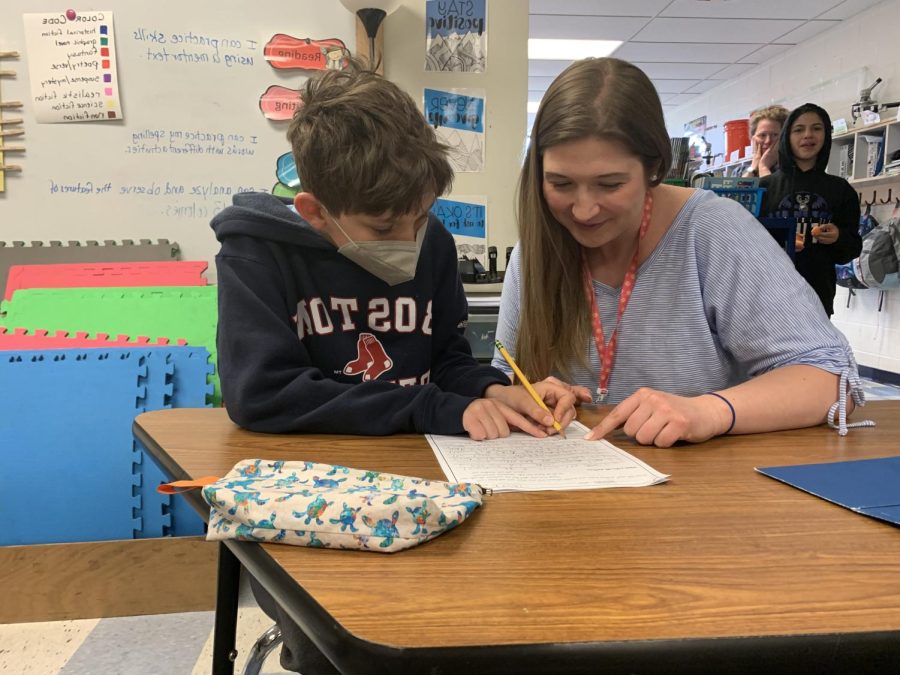Dual Enrollment Southern New Hampshire University Writing Composition students participated in a unit called Campaign for a Cause. In this unit, students selected an issue that interested them, conducted research, created an annotated bibliography, and wrote either a long or short op-ed on the topic. They then presented a speech about a local non-profit organization that addresses the issue. Each student chose whether to publish their short or long op-ed
Low Pay, Excess Stress, and Lack of Access: Mental Health Crisis
Mental health affects people of all ages, and according to a 2021 National Alliance of Mental Illness (NAMI) Vermont study, 1 in 5 adults and 1 in 6 children have a mental condition. After COVID-19, 40% of Vermonters experienced a mental illness like depression and anxiety, but only about 10% received any support. I am part of that 40%, but have been fortunate enough to receive the needed services with the help of insurance. However, people I know, even my closest friends, have not been as fortunate, and they continue to struggle without the support they deserve. No one should have to rely on luck or privilege to access mental health care. It’s time for Vermont to prioritize affordable, accessible mental health services for every individual who needs them.
Many Vermonters want help to improve their mental health, but rising costs, a shortage of providers, and limited access in rural areas create overwhelming barriers. Without greater community and legislative support, the number of people suffering in silence will only continue to grow. With the skyrocketing cost to survive, people who cannot rely on insurance to help cover healthcare costs must pay for the entire service. But, for those working people who pay taxes for health care, it can also get pretty expensive. This often leads people who can barely afford all of their necessities to skip mental health care.
Those who suffer most are rural communities, families, and first responders, all of whom face limited access to services and financial constraints. Rural areas are often far from mental health providers, and many families must prioritize basic needs like housing and food. As for first responders, 30% of them develop mental health conditions like post-traumatic stress disorder or depression, yet may only earn enough to cover basic necessities.
Not only is cost a major contributor to discouraging people from wanting help, but there is also a lack of providers. Over the past two years, Vermont mental health services have faced a 20% vacancy rate. This leaves more people who need help than the number of professionals there are to give it.
Due to the lack of providers, there are long waitlists and limited places offering support. For people urgently seeking help, these waitlists can be devastating. Many are forced to search elsewhere, only to encounter the same barriers, leading to frustration, discouragement, and, in some cases, giving up on getting help altogether.
In some places in Vermont, like the city of Burlington, crime rates are high. What many fail to recognize is that, in most cases, a person’s mental state—and the root causes behind it—play a significant role in why the crime was committed. These crimes are most likely committed by people who have a history of depression, anxiety, unstable parents, and poverty. In fact, even 70% of juvenile criminals struggle with a mental illness. It is hard not to help but wonder if they got the help, maybe the crime would not have been committed?
Vermont has lots of people who need help, including the over 3,000 homeless people who have nothing to give to get the resources they need, because 1 in 3 homeless people have a mental illness. This may not seem like much, but this means hypothetically there are over 10 homeless people in each town/city.
This crisis affects more than just individuals experiencing homelessness; it also impacts those trying to help. Many first responders, for example, rely on embedded programs like SECURE to manage the mental health toll their work takes. This program provides peer support to these responders as they deal with daily trauma. While programs like this can be highly beneficial for many workers, possibly even for you, their availability often depends on where you live. If you live in rural areas like Wells River or Ryegate, your access to programs like SECURE is limited because training requires experienced professionals, and the declining number of providers makes it increasingly difficult to prepare new ones. People in rural areas can not always afford to travel, or it might not even work with their work schedule, leading people to give up and turn away from professionals.
As a community, we must advocate for the expansion of mental health services into rural areas so that, even if costs remain the same, people will have more options for seeking help. We must speak out and recognize that mental health—like food and shelter—is not a luxury, but a necessity essential to a person’s ability to live and thrive. And, we absolutely need our voices to be heard by our state leaders and health care providers to make sure this crisis is recognized and expenses for sessions stabilize at a lower price.
The ones who struggle most are often the ones you least expect—the people who show up to work every day without complaint, simply trying to afford food and shelter, always putting themselves last. These could be your loved ones or friends, silently battling their mental health while struggling to afford the help they need. And they can’t face it alone.
As of now, mental health care is a luxury. People should be able to get the help that they deserve, but in order for any change to occur, we need to act and advocate now.


